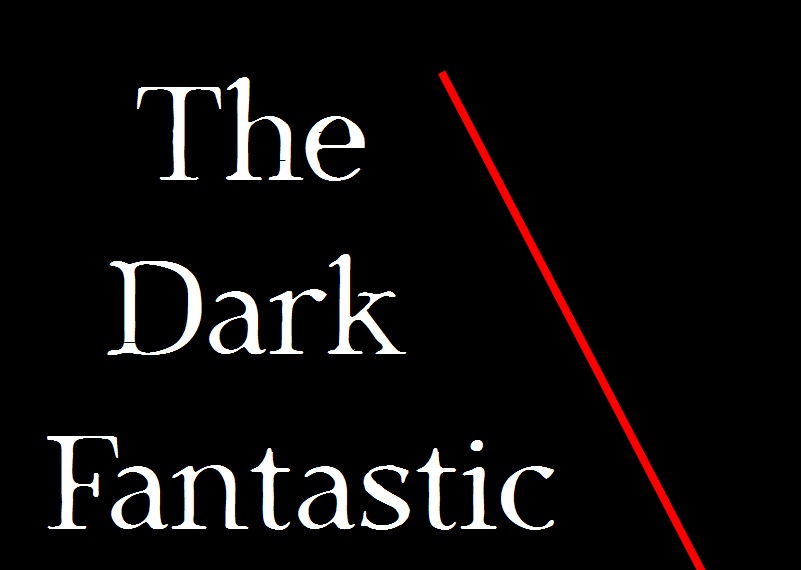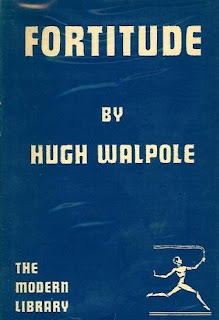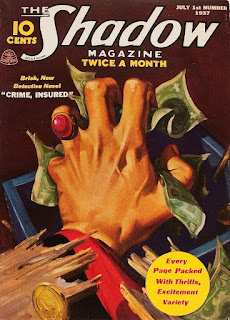In his introduction to the collection of stories, Neil Gaiman says that all good stories, regardless the genre, have to have this one factor: While turning the pages, the reader has to keep asking him/herself, "And then what happened?". Out of the 27 stories included here, 16 had me asking that question as I lost myself in the tales. 16 out of 27 ain't bad, right? So, in my book, that makes this collection a success.
Out of these 16 stories, stand-outs include "The Truth Is A Cave In The Black Mountains" by Neil Gaiman, a thrilling story of revenge and magic; "Unbelief" by Michael Marshall Smith, a clever little tale about a hitman, with a neat twist; "The Stars Are Falling" by the incomparable Joe R. Lansdale, a touching and highly atmospheric story about a man who returns from a war to discover that the life he left, including a loving wife and a son, no longer exists; "Polka Dots And Moonbeams" by Jeffrey Ford, a wonderfully weird tale about two lovers stuck in time, that hops genres with astounding ease; "Leif In The Wind" by Gene Wolfe, a disturbing Sci-Fi tale that manages to pull off in 13 pages what many writers fail to achieve in a novel; "The Therapist" by Jeffrey Deaver, a clever tale about a psychopath who thinks he's possessed; "Parallel Lines" by Tim Powers, an entertaining ghost story; "The Cult Of The Nose" by Al Sarrantonio, a superb psychological horror story, and the best tale included here; "Stories" by Michael Moorcock, a touching and compelling tale about the lives of writers; "The Maiden Flight of McCauley's Bellerophon" by Elizabeth Hand, a wonderfully moving story about a group of friends who set out to recreate a film for a dying friend; and "The Devil On The Staircase" by Joe Hill, a frightening tale about a boy from a poor village who comes face to face with a devil, and how that encounter changes him forever.
So if you are in the mood for a bunch of good short stories, some of them true examples of the art form, then look no further. Stories is it.
Text © Ahmed Khalifa. 2013 - 2021.
Video Version:
Ahmed Khalifa is a filmmaker and novelist. He is the writer/director of several short films and a feature, which was released on Netflix, and the author of a number of novels and short stories, including the YA horror novel, Beware The Stranger, available on Amazon. Find him on Twitter @AFKhalifa and on Facebook @Dark.Fantastic.AK·Writer









